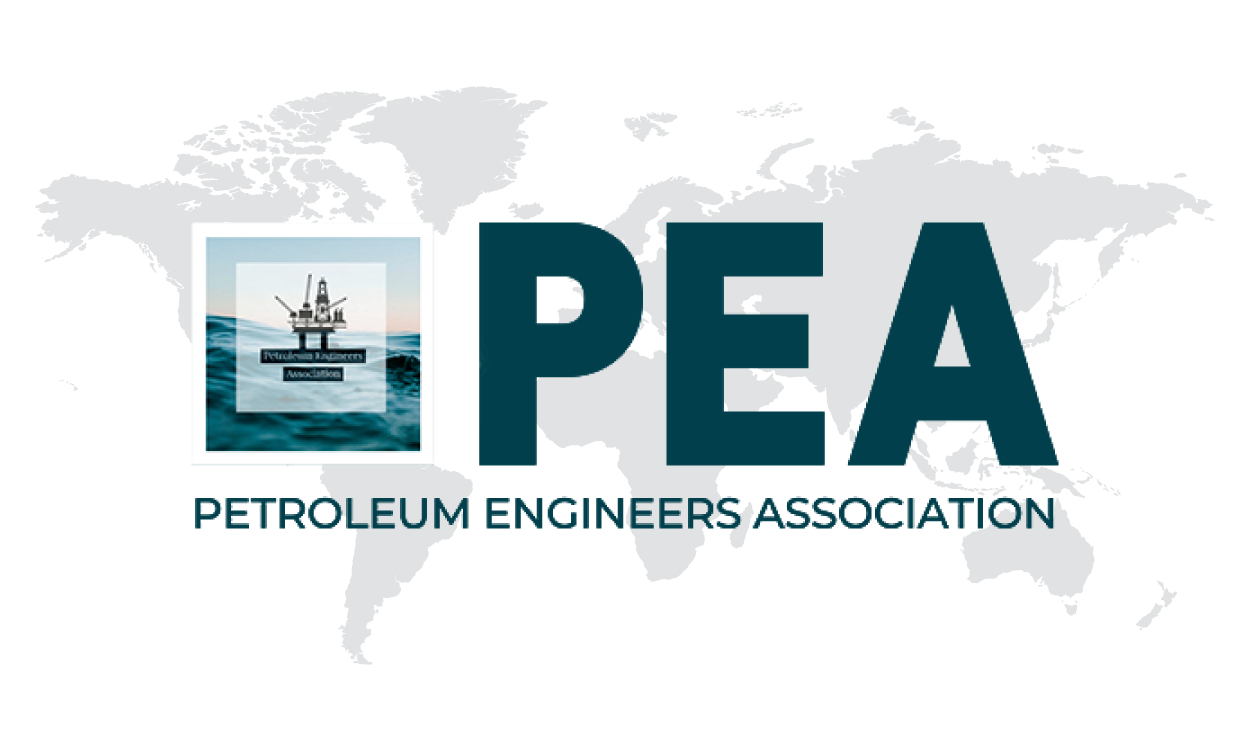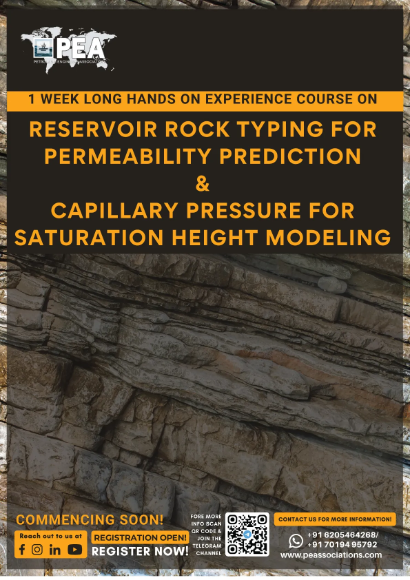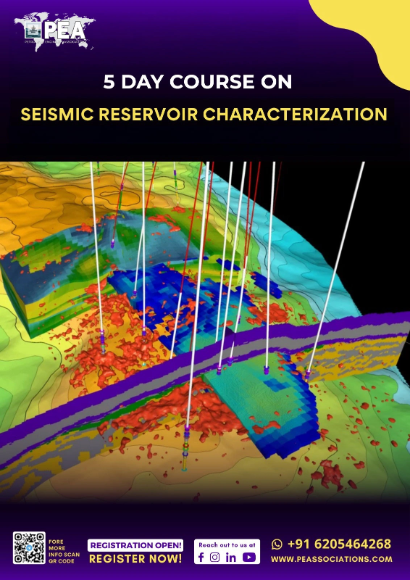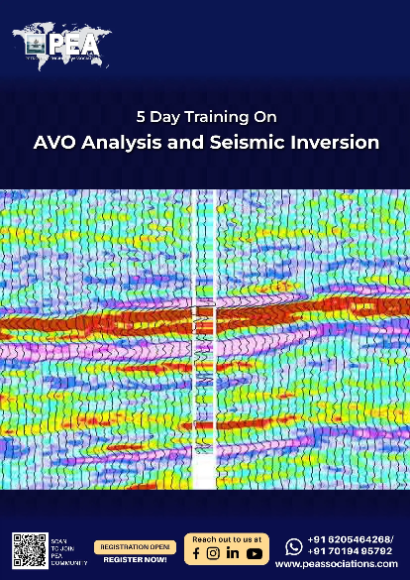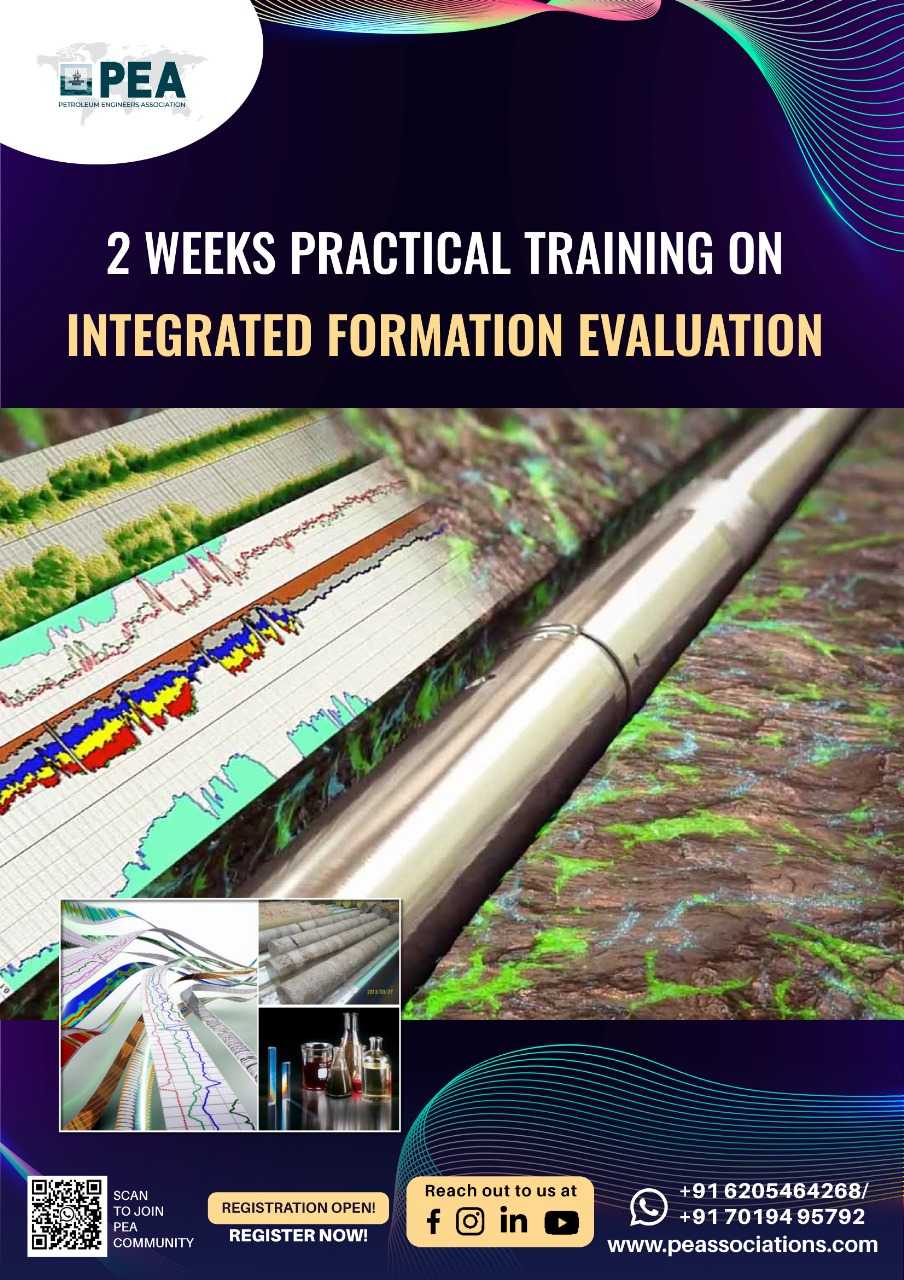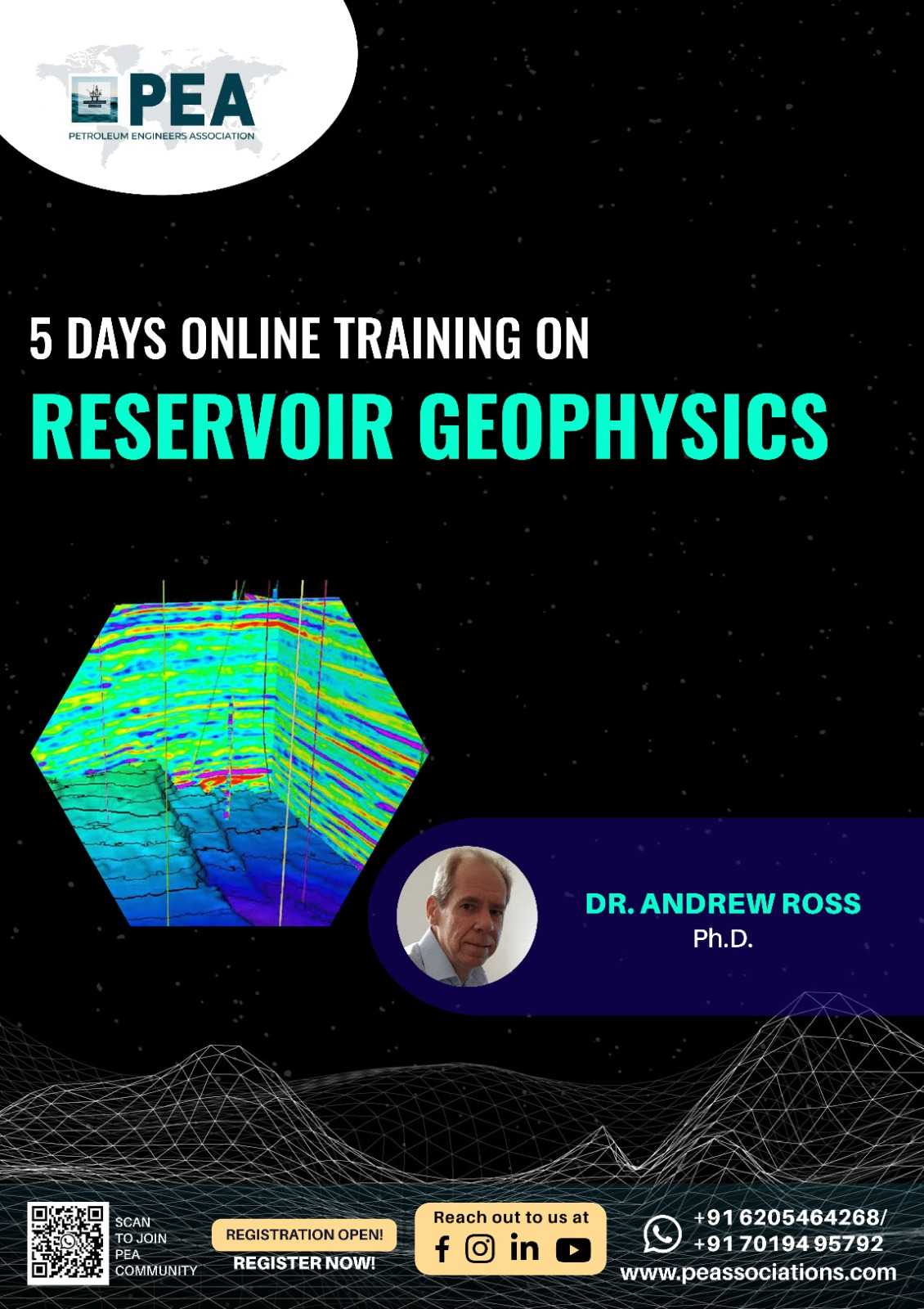Seismic Attribute Analysis: Unlocking Subsurface Insights
| Code | Date | Time | Duration | Location | Currency | Team of 10 Per Person | Team of 7 Per Person | Early Bird Fee Per Person | Normal Fee Per Person |
|---|---|---|---|---|---|---|---|---|---|
| SAP25 | 09 - 13 Feb 2026 | 8 PM Indian Time |
4 Hours Per Day
|
Zoom Online
|
USD
|
1750
|
1850
|
2000
|
2500
|
Boost your team's skills and your budget! Enjoy group discounts for collaborative learning. Send an inquiry to info@peassociations.com.
Seismic Attribute Analysis
This comprehensive course provides geoscientists and engineers with the essential skills to analyze and interpret seismic attributes effectively. Participants will gain expertise in using seismic attributes to enhance reservoir characterization, reduce exploration risks, and optimize field development.
Description
Seismic attributes are powerful tools that allow geoscientists to extract meaningful patterns from seismic data, revealing hidden structures and stratigraphic features. With the increasing complexity of reservoirs and the need for more precise subsurface imaging, seismic attribute analysis has become a critical skill in modern exploration and production workflows. This course offers a deep dive into the application of seismic attributes, equipping participants with the knowledge and tools to enhance their seismic interpretation capabilities.
Participants will
acquire knowledge of the basic principles underlying the derivation and
application of seismic attributes and have knowledge of the latest terminology
and technology in the field. They will learn about the calculation and uses of
seismic attributes both pre- and post-stack. They will also learn about the use
of machine learning in interpretating attributes and how to apply attributes in
quantitative interpretation on well and seismic data.
This course combines instructor-led lectures, real-world case studies, and exercises.Group discussions and problem-solving sessions will reinforce key concepts and encourage collaborative learning.
Participants can keep up to date
on developments in seismic attributes.
E&P Professionals interested in seismic interpretation and reservoir characterization with seismic data.
Day 1:
Introduction to Attributes
Introduction to Seismic Attributes
Seismic Processing for True Amplitudes and QI
Short History and Theory of Seismic Attributes
Post-Stack Volume Attributes
Surface Attributes
Volume and Horizon Probes
Colors and Visualization of Attributes
Noise Reduction
Day 2:
Textural Attributes and Spectral Decomposition
Textural and Multi-Trace Attributes
Fault Interpretation (Edge Detection)
Fault Interpretation (Edge Enhancement)
Spectral Decomposition, Thin Layers, and Tuning
Blending
Day 3:
Application of Attributes
Fractures
Salt
Carbonates
Direct Hydrocarbon Indicators
Amplitude Variation with Offset (AVO)
Pre-Stack Attributes
Day 4:
Multi-Attribute Analysis
Multi-Attribute Interpretation
Machine Learning and AI with Seismic Attributes
Supervised and Unsupervised Classification & AI Applications
Seismic Facies Analysis – Supervised and Unsupervised Classification
Day 5:
Absolute Properties, Inversion, and Lithology Determination
Seismic Inversion for Absolute Properties
Porosity Calculation
Lithology Determination
Rock Physics Parameters
On successful completion of this training course, PEA Certificate will be awarded to the delegates

Andrew Ross has worked in the oil industry and academia as a geophysicist since 1991 most recently for Schlumberger in Denmark.
Ph.D. geophysicist with 15 years industry and academic experience in reflection and refraction seismic interpretation and processing, focusing on quantitative interpretation, inversion, seismic attribute analysis and waveform modelling.
Frequently Asked Questions
All course bookings made through PEA are strictly non-refundable. By registering for a course, you acknowledge and accept that all fees are payable in full and are not subject to refund under any circumstances, including changes in personal or professional commitments or partial attendance.
PEA reserves the right to make reasonable adjustments to course content, trainers, or schedules where necessary, without entitling delegates to a refund. Comprehensive details of each course — including objectives, target audience, and content — are clearly outlined before enrolment, and it is the responsibility of the delegate to ensure the course's suitability prior to booking.
For any inquiries related to cancellations or bookings, please contact our support team, who will be happy to assist you.

